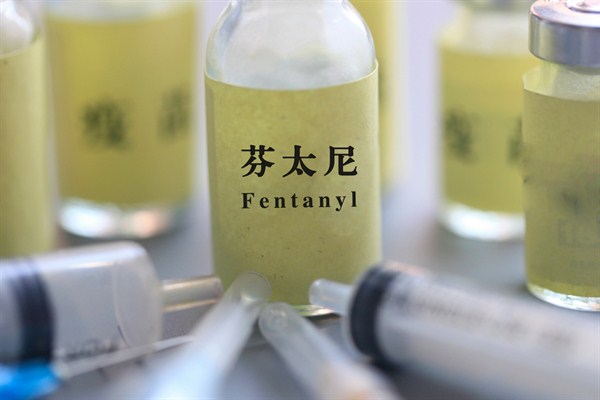If someone had mentioned fentanyl to you 5 or 10 years ago, you might have scratched your head. But today, this synthetic opioid has become a household word in the worst sense imaginable. It’s cheap and easy to manufacture, while being 50 times more potent than heroin and 100 times more potent than morphine. And it’s the most commonly identified drug in fatal overdoses in the United States.
For this week’s interview on Trend Lines, WPR’s Elliot Waldman is joined by Ben Westhoff, a journalist who spent the past few years chronicling the rise of fentanyl for a new book, “Fentanyl Inc.: How Rogue Chemists Are Creating the Deadliest Wave of the Opioid Epidemic.” He shares unique insights from his reporting, which took him from rural Midwestern towns to a Chinese pharmaceutical lab to a treatment center in Slovenia.
If you like what you hear on Trend Lines and what you’ve read on WPR, you can sign up for our free newsletter to get our uncompromising analysis delivered straight to your inbox. The newsletter offers a free preview article every day of the week, plus three more complimentary articles in our weekly roundup every Friday. Sign up here. Then subscribe.
Listen:
Download: MP3
Subscribe: iTunes | RSS | Spotify
Relevant Articles on WPR:
A ‘Perfect Storm’ Has Led to a Spike in Drug Deaths in Scotland
A Booming Meth Trade Challenges Southeast Asia’s Approach to Drug Policy
What’s Behind the Growing Use of Illicit Drugs in North Korea
Trend Lines is produced and edited by Peter Dörrie, a freelance journalist and analyst focusing on security and resource politics in Africa. You can follow him on Twitter at @peterdoerrie.
To send feedback or questions, email us at podcast@worldpoliticsreview.com.

